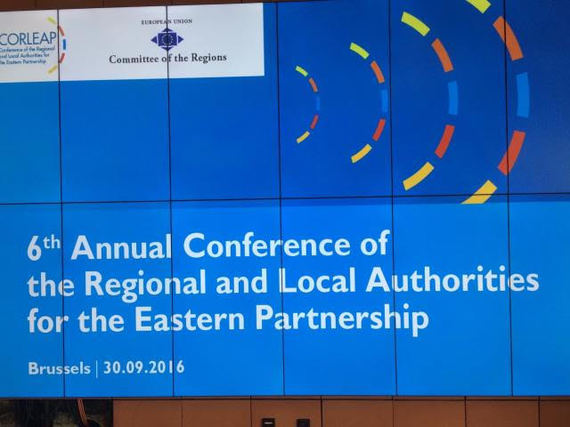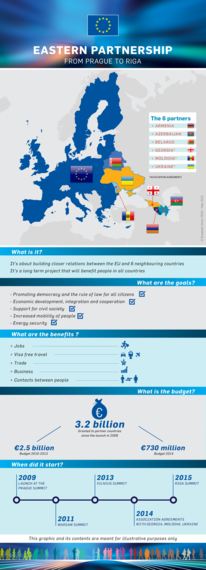I feel that we, the countries recently accepted to the European Union, are well positioned to help the aspiring, new democracies reach their dreams of EU accession. That is the reason why I decided to engage in CORLEAP, the forum of local and regional authorities from the European Union and six Eastern Partnership countries. It is the only EU platform that offers an opportunity to discuss the contribution by cities and regions to the development of the Eastern Partnership: Belarus, Ukraine, Moldova, Georgia, Azerbaijan, and Armenia.
Being a mayor of the big European city is time consuming. Nevertheless I have always felt the obligation to be active also outside the city. During the hardships of transformation towards democracy, Gdansk and Poland received support from our friends throughout the world. I think it is the right thing to do to share our experience with other societies. The EU's Committee of Regions, to which I was elected, is an important area of my activity. I hold there a prestigious post of a rapporteur of the Conference of Regional and Local Authorities for the Eastern Partnership, also known as "CORLEAP".
Today, September 30, at the Annual CORLEAP meeting in Brussels I am presenting the annual report, with some insight as to what the local government institutions of Europe might do to help build democracy in those six countries. I would like to share some of my thoughts with you:
Gdansk is a "City of Freedom and Solidarity". This is not just an empty advertising slogan for us, but the quintessential character and true spirit of our city. Gdansk has repeatedly proved how important freedom and democracy is. That's why we are very interested in supporting processes aimed at the development of civil society in the countries of Eastern Europe, and particularly in the Eastern Partnership countries. It is kind of a duty and moral obligation for us to repay the debt for the time when we could count on help and support of the free world.
And that was the main reason to accept the task entrusted on me by CORLEAP, to draft a report dedicated to the issues of supporting local democracy in the Eastern Partnership countries. We cannot remain indifferent to developments behind the Eastern border of the European Union. We support our neighbours with the processes of democratisation and building civil structures. It is one of the most important challenges.
For the report it was crucial to understand whether both authorities and citizens in the EP countries saw the need to reform in order to develop a model, which is more open and conducive to the empowerment of people. I analyzed the elements of relevant historical background, present geopolitical circumstances, state of civil society, Europe's attitudes, cooperation between state institutions and the society, level of social trust, level of democratic openness of central authorities, and finally the degree of cooperation between civil society and local and regional authorities in these countries.
My call to action: to speed up the networking between countriesWith the help of many analysts and tools like local surveys and specific case studies, I drew conclusions and offered a set of recommendations for CORLEAP action. They amounted to a greater role of the EU in widely supporting the regions in question, their assistance in bringing about a thorough local government reform, and many concrete actions of twinning the cities and regions together in order to facilitate good practices exchange. Remembering how critical it is to uphold identity-forming processes, we must at the same time speed up further networking of European and EaP countries local and non-governmental institutional ties.
Preparation of the report corresponds with the ongoing controversial discussion on the situation with the Constitutional Court in Poland. Paradoxically, the way in which we at local and regional levels, as well as our society, try to address these challenges is a proof that well established links between civil society and local governance could play an important role in helping us avoid drifting to shallow waters. It may therefore prove to be real and not just abstract or academic evidence of the importance of the role of local democracy in the modern world.


